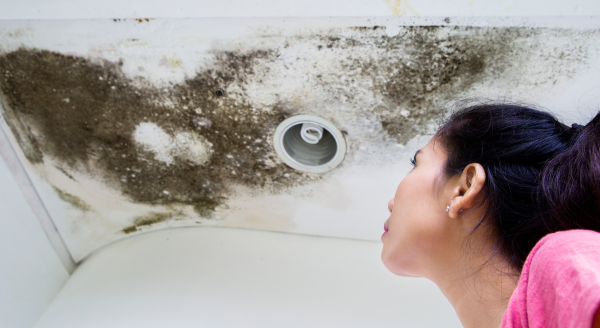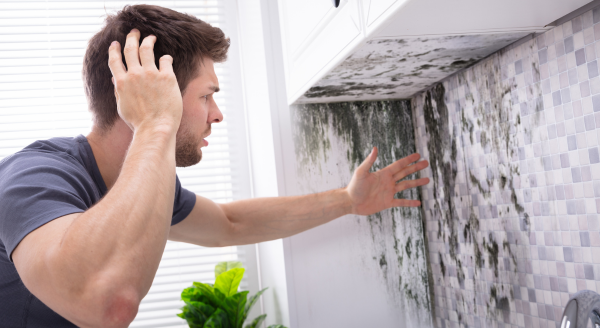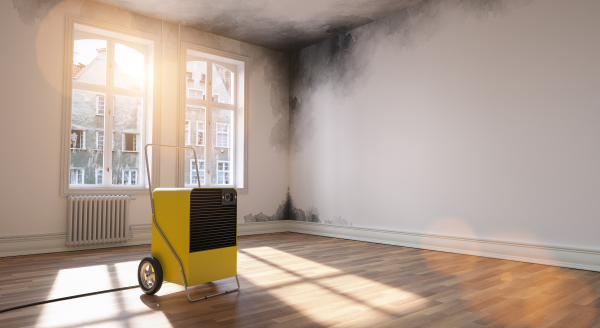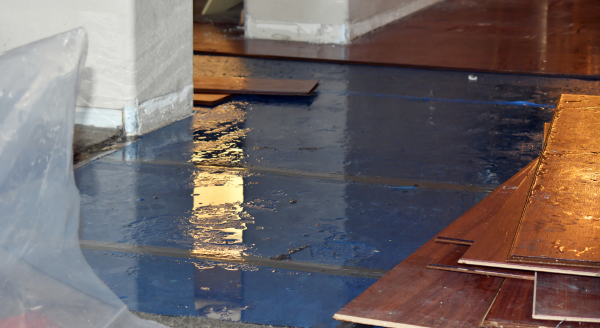Many people confuse mold remediation with mold assessment. While there are several similarities between the two jobs, they exist for different purposes. Let’s talk about mold remediation vs. mold assessment.
What Does a Mold Assessor Do?
Mold assessment occurs in several steps. However, in its simplest form, mold assessment is determining whether or not a building has a mold problem. A mold assessor will test a location visually and with special equipment to identify the source of a mold problem and determine its severity. A mold assessor may test for mold growth by measuring indoor air quality, looking for moisture damage, and sampling various areas of the building.
Additionally, a mold assessor checks for “food sources” that the mold may be feeding off of and using to grow. Typically, mold develops best in dark, damp areas away from a home’s daily scenery. Most homeowners don’t even realize they have a mold problem unless they happen to stumble across it.
What Does a Mold Remediator Do?
Mold remediation is the process of removing mold from a home or business. Once the source of the problem has been identified, professional mold remediators remove all mold, mildew, and other contaminants from the affected area. If the mold originated in a wall or an area of carpet, then deeper repairs may be required. There are numerous types of mold ranging in severity, so they must be handled wisely.
In a nutshell, mold remediation and mold assessment are two steps in the same process. They are similar because it’s difficult to have one without the other. However, they are not the same job.
Why is Mold Inspection Important?
Unless mold is visible and obvious, most homeowners don’t think twice about the possibility of mold affecting their health. However, even hidden mold can be harmful to a home’s occupants. Mold assessment and remediation help prevent the following.
- Symptoms of Allergies (such as coughing, sneezing, itchy and watery eyes, and runny noses)
- Poor Indoor Air Quality
- Short-Term Risk of Respiratory Infections
- Long-Term Risk of Chronic Lung Conditions
- Structural Damage to a Home
Becoming a Certified Mold Assessor or Remediator
Mold inspection and remediation is a great profession for independent contractors. Not only can you help others improve the health and quality of their homes, but you also receive all the benefits of being your own boss.
- Flexible Work Schedule
- Solid Reputation
- Workplace Creativity
- Self-Appointed Rules
- Ability to Help Others
How Can NETI Help?
If you aren’t sure how to go about taking classes or the licensing examination, call us today. The National Environmental Training Institute (NETI) is a state-certified training company offering Mold Remediator and Mold Assessor training. NETI also offers continuing education units (CEU’s), certification, and licensing.










